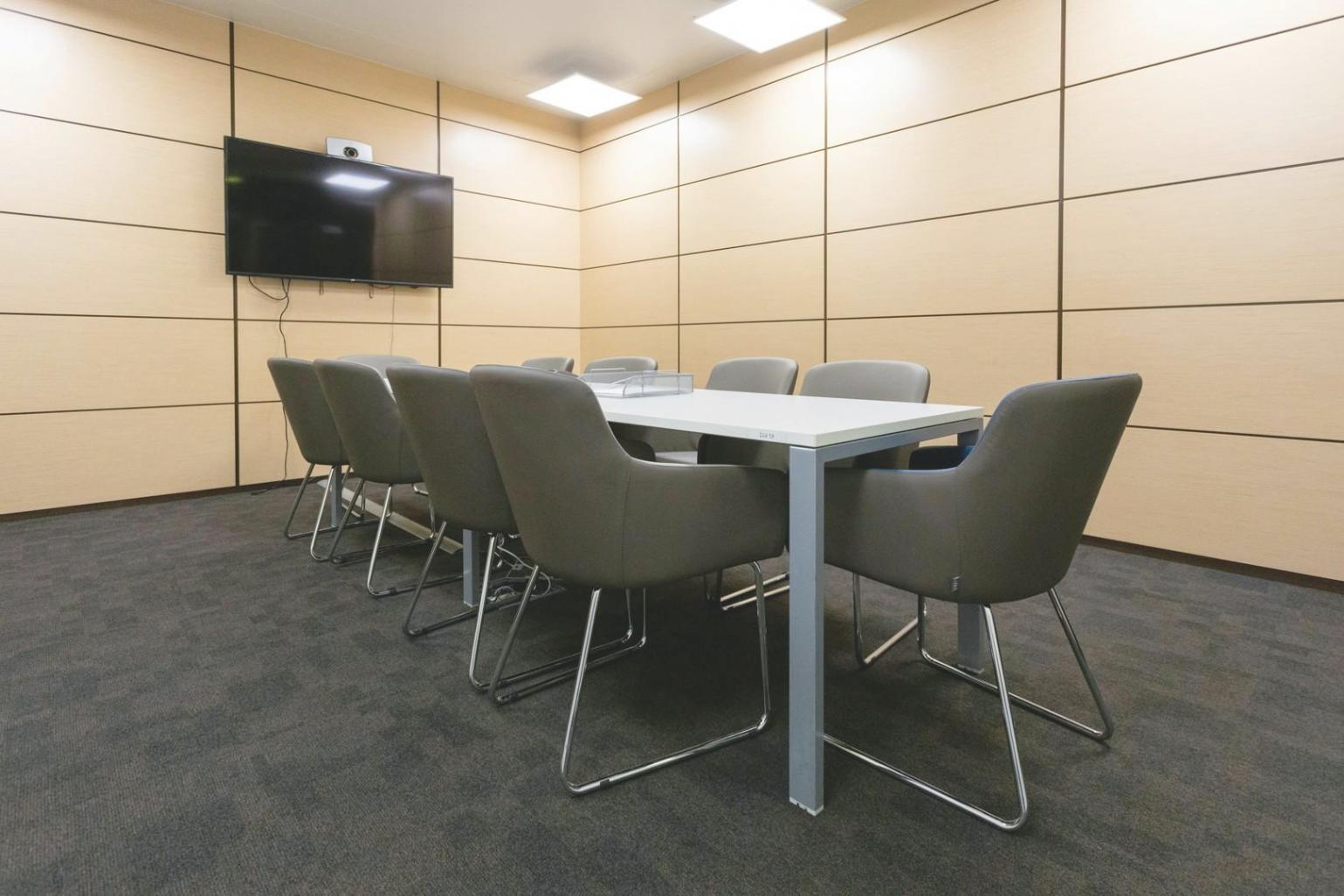Master Your Money Skills
Practical financial wisdom that actually works in real life. We focus on building habits that stick and strategies you can start using right away.

Start With What You Actually Spend
Most budgeting advice starts with what you should spend. We flip that around. First, let's figure out where your money really goes – no judgment, just facts.
I've watched people transform their finances by simply tracking expenses for two weeks. You don't need fancy apps or complicated systems. A notebook works just fine.
- Track everything for 14 days without changing habits
- Group spending into 5-7 main categories
- Find your biggest surprise expense
- Start with small adjustments, not dramatic cuts
Learn From People Who Get It
Our instructors have walked the path from financial stress to stability. They share real experiences, not textbook theories.
Kieran Walsh
Debt Recovery Specialist
Kieran paid off ,000 in credit card debt over three years while raising two kids. His approach focuses on realistic payment strategies that don't sacrifice family life.
Donovan Pike
Emergency Fund Coach
After losing his job during the 2020 lockdowns, Donovan learned the hard way about emergency planning. He now teaches practical ways to build financial cushions without living like a hermit.
Fletcher Quinn
Investment Educator
Fletcher started investing with just a month. He demystifies the stock market for beginners and shows how compound growth works with small, consistent contributions.
How Our Learning Actually Works
We don't believe in overwhelming you with theory. Our approach is built around small, manageable steps that create lasting change in your financial habits.
Week 1-2: Reality Check
Start tracking without changing anything. This gives you a baseline that's actually accurate, not what you think you spend.
Week 3-4: Small Wins
Pick one area to improve. Maybe it's lunch out or subscription services. Small changes build confidence for bigger ones.
Month 2: System Building
Create simple systems for budgeting, saving, and tracking progress. We focus on what you can actually maintain long-term.
Month 3-6: Growth Phase
With basics in place, we explore investing, debt strategies, and longer-term financial planning that fits your situation.

Ready to Take Control?
Our next comprehensive course starts in August 2025. Early registration opens in May with limited spots available.
Get Course Details